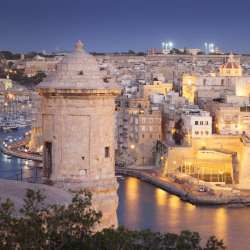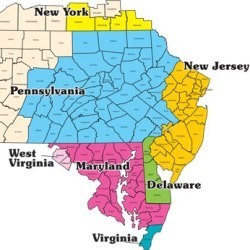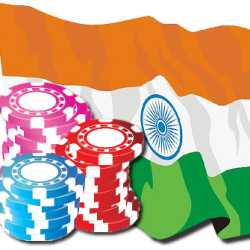A Look at Malta’s Taxation Regime

In the fall of 2000, the government in Malta passed legislation that allowed online betting centers to be set up on the Southern European island that is part of the British Commonwealth. Coupled with changes in the Income-tax Act meant for international companies, this legislation also made Malta a go-to location for sportsbook and casino operations, and in 2004 Malta subsequently became the first EU member state to put internet gaming regulations in place.
Lotteries and Gaming Authority
The Maltese e-gambling industry is regulated by the Malta Gaming Authority (MGA), which was set up in 2002 and is responsible for the governing of any Maltese gaming activity, including sports betting, casino gaming, commercial bingo games, remote gaming, non-profit games and the National Lottery. The Authority’s job is to ensure that gaming is both transparent and fair to its players, with helping to prevent corruption and crimes such as money laundering an important part of its mandate. In 20012, the MGA subsequently established the legislative foundation for new licenses related to sports betting, online casinos, lotteries and betting exchanges which then went into effect the following year.
Types of Licenses
There are four types of licenses available to Maltese operators, which are as follows:
Class 1 – This is a remote gaming license for products such as online lotteries and casino games, in which operators are responsible for managing their own risks.
Class 2 – This class of license is for operators that choose tohandle their own risks on events based upon a matchbook, which is where gamblers can set their own prices with other players.
This type of license then allows gaming operators to offer fixed odds betting.
Class 3 – This class of license allows gaming operators to take a commission from abetting or promoting betting games. This license class covers poker networks, peer-to-peer games, online lotteries and betting exchanges.
Class 4 – This license is intended to allow operators to manage and host remote gaming. This license is meant for software vendors who want to offer hosting facilities and management on their gaming platforms.
Taxation
Online gaming companies are also supposed to pay a special tax dependent upon the kind of license held. Class 1 license holders, for instance, will be required to pay €4,660 for the first half year, followed thereafter by €7,000 every month, while Class 2 license holders with fixed odds betting will pay a 0.5 percent tax on the amount of bets that are accepted. Class 3 license holders, on the other hand, will have to pay a 5 percent tax on income, and Class 4 license holders will pay zero tax during the first half year, followed by €2,330 every month for the next six months, and €4,460 each month after that. The maximum value of taxes paid annually for any one license is €466,000.
A Thriving Business
The Maltese investment in remote gambling and the foundation that it depends upon is definitely paying off. Ever since the Lotteries and Other Games Act 2001 was enacted, the number of operators holding licenses has grown from just 12 to nearly 250. In total, these operators boast more than 5,000 Maltese employees, with a greater number of employees found in the servicing industry that includes auditors, lawyers, data center operators, and payment and banking institution faculty members. Naturally, the scale of the industry provides a truly significant financial boost to the economy of Malta.
Furthermore, in 2015 the global online gambling industry was worth a staggering $38 billion, with Europe accounting for 48% of that figure. As Malta has awarded the greater number of iGaming licenses in Europe, the money being collected by the island represents a huge proportion of its overall revenues.
Criticism
Recently, the Malta Gaming Authority (MGA), which is tasked with overseeing a large part of the European continent’s gaming industry, was accused of lax supervision by a former employee, Valery Atanasov. According to the Bulgarian national, the watchdog helped create “conditions that allow suspicious financial operations, money laundering and other criminal practices.”
According to the Malta Gaming Authority, however, his claim that it had failed to adhere to its “sealing” procedure was unfounded, with one media outlet stating:
“The regulator also explained that its monitoring policies currently include 24/7 CCTV monitoring at respective data centers, regular audits and technical checks, data extractions, and many more. It further pointed out that all practices are performed in full compliance with international standards, which in turn allows Malta-based gambling operators to provide services in a manner that meets EU principles.”










